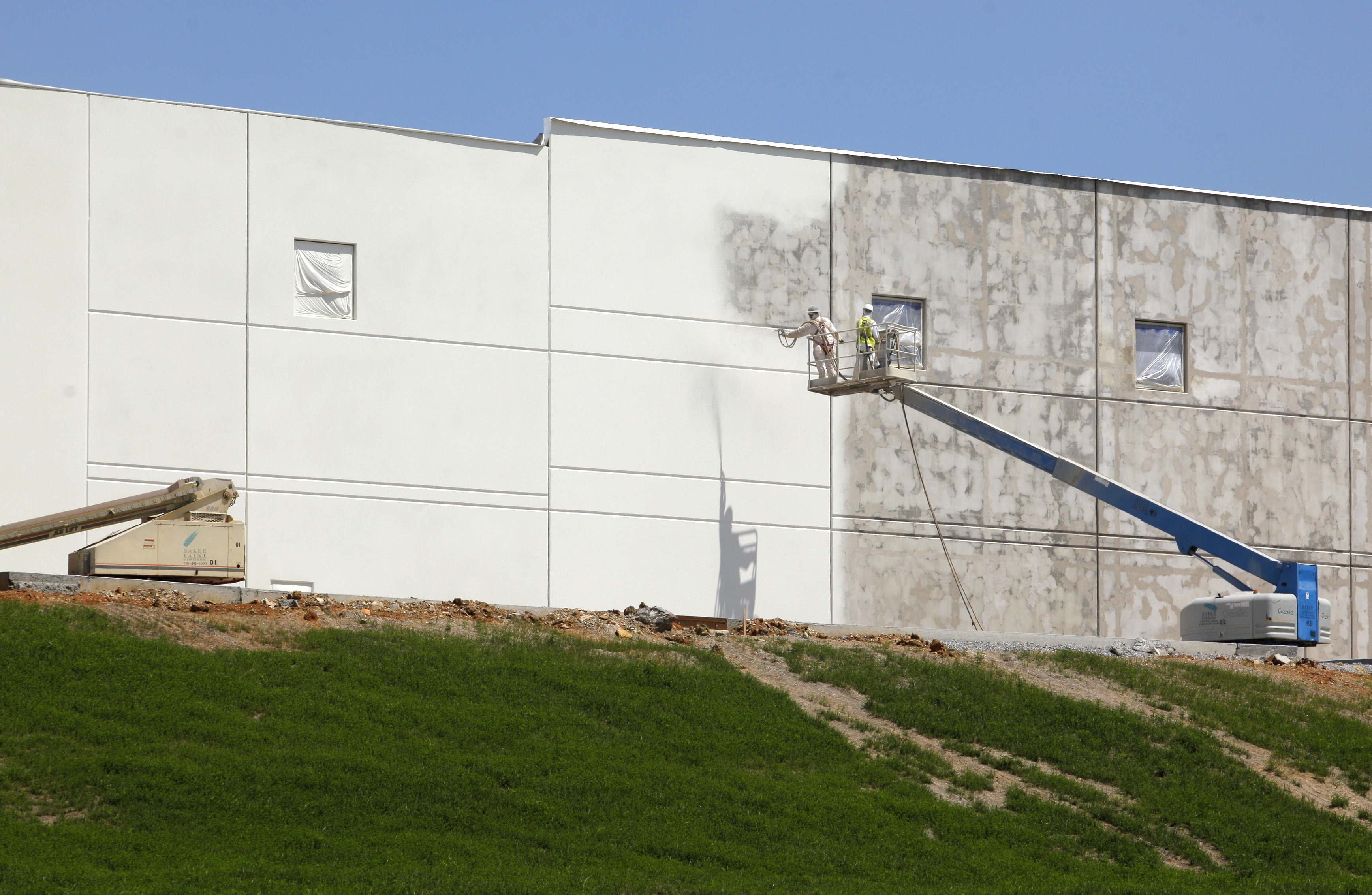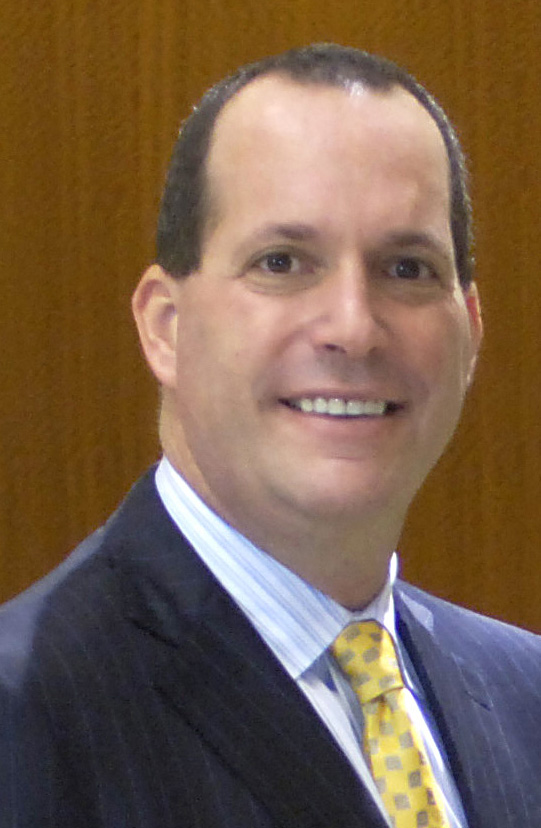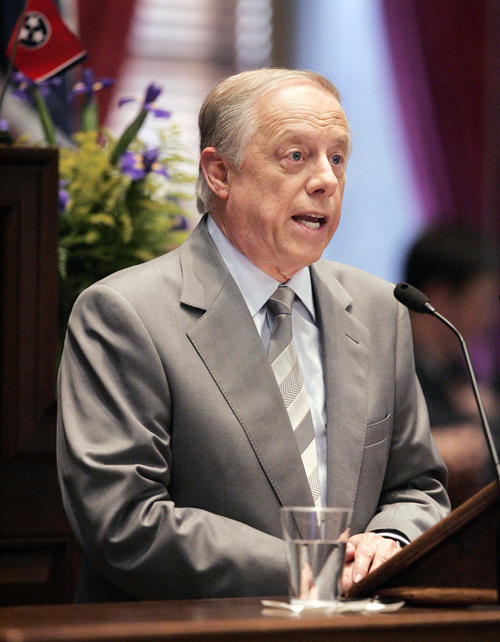NASHVILLE -- Owners of Chattanooga's biggest mall say it is unfair for Internet retailing giant Amazon.com to continue enjoying a competitive edge over traditional brick-and-mortar retailers.
Michael Lebovitz, CBL and Associates' executive vice president of development and administration, said Monday that Amazon, which is building two distribution centers in Southeast Tennessee, competes on an "uneven playing field" since the company is not required to collect state and local sales taxes.
That amounts to a 9.25 percent leg up over retailers that lease CBL-owned space at Hamilton Place and other shopping centers in Hamilton County, Lebovitz argued. The advantage includes not collecting the 7 percent state sales tax and another 2.25 percent in local option taxes.
"We think Amazon is great for Chattanooga, first and foremost," Lebovitz said. "At the same time, we think that if you can buy a shirt at Hamilton Place and pay $100 for that shirt, you shouldn't be able to buy the same shirt for $90 or $92, whatever the exact number is, from Amazon.
"I'm talking about the exact same piece of merchandise," Lebovitz said. "They're doing business with a tax advantage."
Amazon did not respond to an e-mail request for a response.
The company is spending $139 million to build distribution centers in Chattanooga and in Bradley County. The centers will employ some 1,200 full-time employees. Amazon recently announced plans to open yet another center outside Nashville.
Lebovitz said traditional retailers in Hamilton Place and elsewhere in Tennessee spend money to build stores, pay employees, advertise and "provide good jobs. And they also pay sales tax. That [Amazon advantage] doesn't constitute a level playing field."
Then-Democratic Gov. Phil Bredesen struck the deal last year to get Amazon to build two distribution centers in Hamilton and Bradley counties.
Saying the issue needed a national solution, Bredesen said the company could continue not collecting sales taxes from its Tennessee-based customers despite creating an actual physical presence in the state.
Amazon refuses to charge its customers sales taxes in most states, citing U.S. Supreme Court decisions saying retailers must have a substantial retail presence before states can compel them to collect sales taxes.
Bredesen's successor, Bill Haslam, endorsed Bredesen's decision. But Haslam dropped a proposed rule change that while not mentioning Amazon by name would have exempted it from collecting sales taxes despite the two centers.
Some retailers have said they suspect Amazon got a "private letter ruling" from the Revenue Department seeking to exempt it from collecting sales taxes. Revenue Department officials, whose operations are shrouded in secrecy, refuse to discuss the matter. Retailers like Wal-Mart and AutoZone have questioned the legality.
Southeast Tennessee legislators held off attempts in this year's General Assembly aimed at making Amazon collect sales taxes once the distribution centers are in operation.
But Haslam said last week his Revenue Department is in discussions with Amazon about collecting sales taxes down the road even as they talk about the Internet retailer expanding its presence in Tennessee.
"Given the commitments we've made to Amazon in the past, I wouldn't like to see us do something they wouldn't agree with," Haslam said. "On the other hand, I want to see Amazon be flexible and realistic as well."
According to the University of Tennessee's Center for Business and Economic Research, Tennessee state and local governments this year will lose out on $410 million in taxes on Internet sales. Not all of that is attributable to Amazon.
CBL, one of the largest mall and shopping center operators in the U.S., has previously been muted in its concerns, unlike major retailers and some mom-and-pop businesses.
Also weighing on the issue Monday was the International Council of Shopping Centers, a global trade association with 2,200 Tennessee members.
The organization's president and CEO, Michael Kercheval, said mall operators say they are finding that as their retail customers seek to recover from the recession, "it is difficult for them to compete as they are paying their share of sales taxes, regardless of the size of their business."
In some cases, consumers are using brick-and-mortar retailers as "showrooms" to look for products, then go home and order from another retailer online.
"ICSC strongly supports a federal solution that ends the unintentional subsidy given to Internet retailers by closing the sales tax collection loophole," Kercheval said. "The current system is no longer effective and certainly doesn't reflect 21st Century commerce."
Contact Andy Sher at asher@timesfreepress.com or 615-255-0550.



